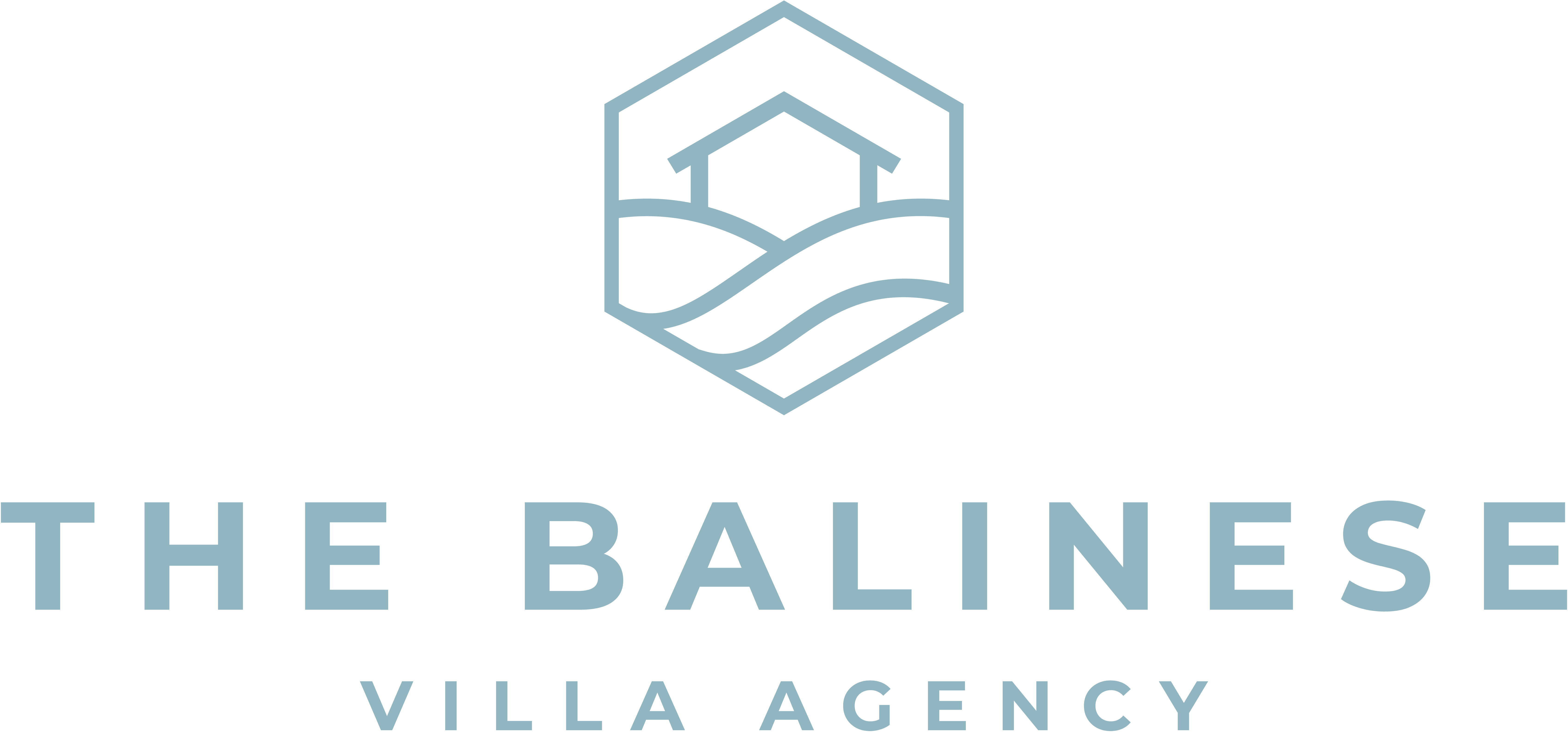
Mastering Remote Management: 7 Tips for Success in Bali’s Real Estate Market
Are you dreaming of working from anywhere? You’re not alone. Approximately 35% of Western workers are now embracing remote work as their daily norm. While the idea of remote work might seem incompatible with the world of Airbnb hosting, managing your Bali villas remotely is not only possible but also incredibly rewarding. It allows you to expand your investments without being tied to a specific location. Let’s explore how you can confidently manage your Bali properties from afar, ensuring exceptional guest experiences and the growth of your dream Airbnb hosting business in your desired markets.
1. Choose the Right Market
Managing an Airbnb remotely doesn’t mean you can invest anywhere. Strategic investments are essential, especially when you’re not intimately familiar with your target market. Avoid the temptation to oversimplify the market’s potential. Factors like traveler demand and competition play pivotal roles in profitability. Often, the most profitable markets are off-the-beaten-path destinations, such as Gulfport, Mississippi, where demand is high, but supply is limited. Additionally, the concept of “off-season” is evolving, and many places are witnessing profit-earning seasons growing beyond expectations. Choosing the right market will ensure both your property and market can deliver a return on your investment.
2. Invest in Professional Airbnb Photography
When managing Airbnbs in distant locations, you can’t pop over to take a few photos. High-quality photography is essential for success. Professional photography is an investment that will set your listings apart and generate long-term returns. Airbnb reported that listings with professional photos earned 40% more revenue than those without. Ensure you have a captivating lead photo followed by at least 20 photos showcasing both the interior and exterior. Highlight key amenities like your well-stocked kitchen, dedicated workspace, washer/dryer, and other features that make your listing stand out. Collaborate with local real estate photographers for the best results.
3. Designate Your Local Contact
Even with flawless remote management, there are times when in-person assistance is indispensable. Collaborating with a local partner can extend your reach and ensure excellent care for your properties and guests. Consider working with a local co-host who can manage tasks such as cleaning, replenishing supplies, and even administrative duties. Alternatively, explore property management services that can handle all aspects of property management, allowing you to focus solely on property ownership. While these services may involve fees, the peace of mind they provide can be well worth the investment.
4. Set Up Automated Communications
Guests typically have similar questions, such as how to access your property and its address. Timely and friendly communication is crucial, especially when managing units in different time zones. Automating your communication processes can significantly reduce back-and-forth messages. Create standardized messaging sequences for check-in and check-out, employ auto-responders to inform guests when they can expect to hear from you, and provide clear instructions to preempt questions. Effective communication not only reduces your workload but also leaves a positive impression on guests, influencing their stay and reviews.
5. Streamline Check-In with Smart Locks
Check-in should be hassle-free for both you and your guests. Equip your short-term rentals with self-check-in tools to allow easy access even when you’re not physically present. Smart locks are an excellent choice, offering multi-digit codes for guests to enter. They add an extra layer of security, as you can manage the codes remotely. Changing codes at intervals enhances security and ensures only booked guests can access the unit.
6. Secure a Reliable Cleaning Team
Cleanliness significantly impacts Airbnb ratings and occupancy. Even before the pandemic, hosts with high cleanliness ratings experienced a 2.3% increase in occupancy compared to those with lower ratings. Post-pandemic, cleanliness has become even more critical, with high cleanliness ratings leading to a 6.8% increase in occupancy as of 2021. Finding a local cleaning team you trust is essential, as you can’t handle cleaning remotely. Share your booking calendar with them, and consider outsourcing cleaning tasks to your property management service. A reliable cleaning team will boost your occupancy and revenue.
7. Leverage Data for Informed Decisions
To ensure guest satisfaction, you need to understand your destination, even if you can’t be there in person. Data is your crystal ball. Property-level data eliminates guesswork, helping you make informed decisions about investments, pricing, and check-in processes. Accurate, real-time data is invaluable when you’re managing remotely. It provides insights into your market’s performance, competition, and pricing optimization, regardless of your physical location.
Managing an Airbnb remotely doesn’t have to be challenging. By implementing effective processes, collaborating with trusted local partners, automating communications, and leveraging data, you can operate your vacation homes successfully, no matter how far away you are. Explore the power of accurate vacation rental data with MarketMinder from AirDNA to eliminate guesswork and improve your earnings.


Hi, this is a comment.
To get started with moderating, editing, and deleting comments, please visit the Comments screen in the dashboard.
Commenter avatars come from Gravatar.
Comments are closed.